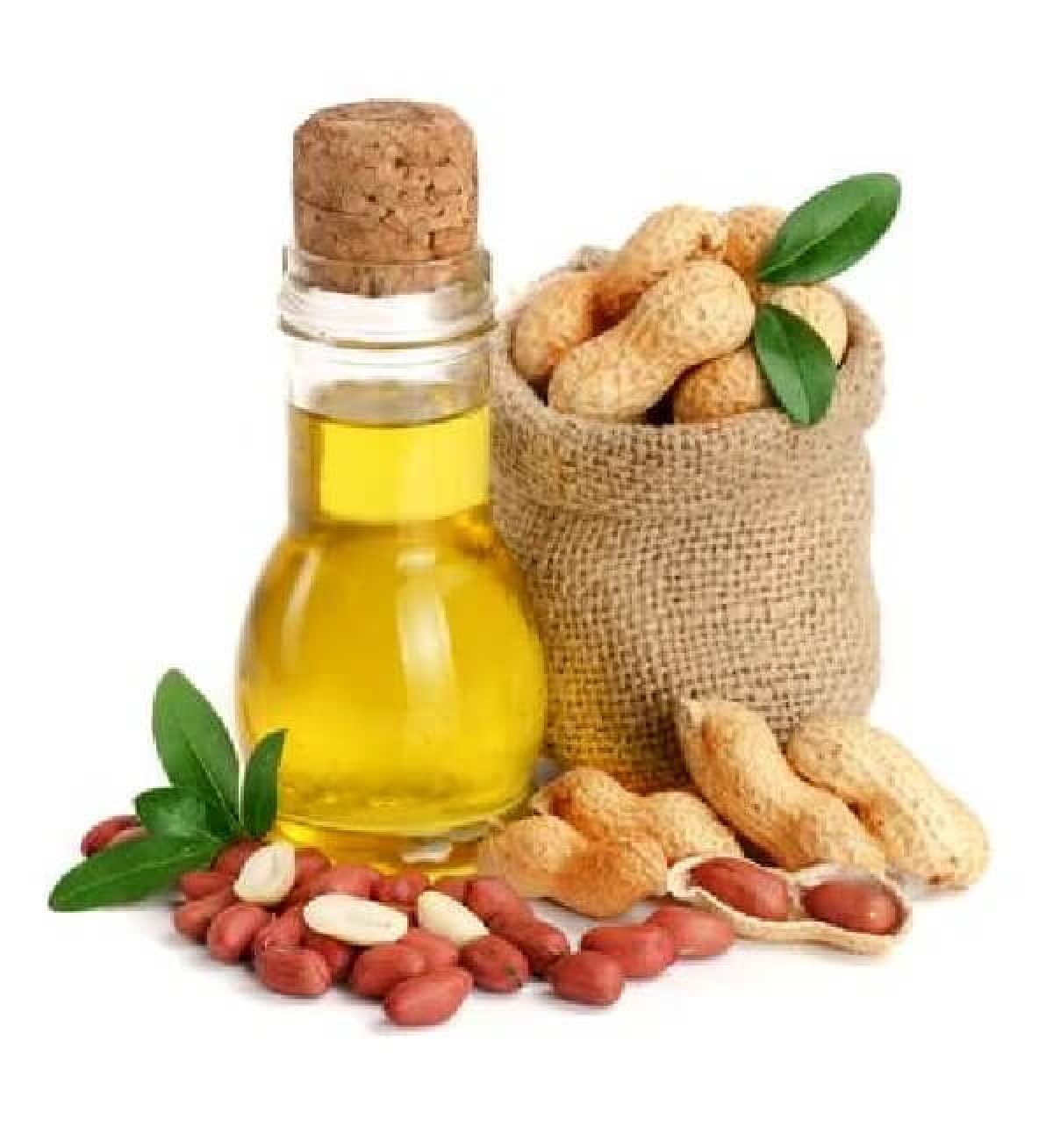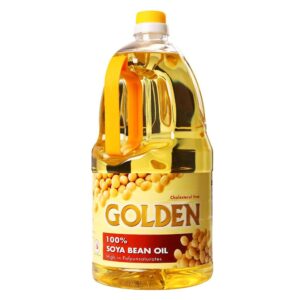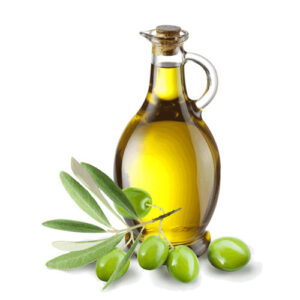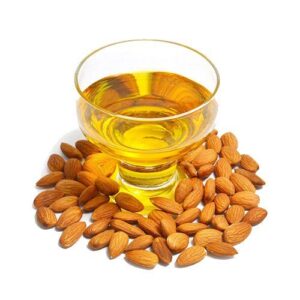Description
There are several different types of peanut oil. Each one is made using different techniques:
Refined peanut oil: This type is refined, bleached and deodorized, which removes the allergenic parts of the oil. It is typically safe for those with peanut allergies. It is commonly used by restaurants to fry foods like chicken and french fries.
Cold-pressed peanut oil: In this method, peanuts are crushed to force out the oil. This low-heat process retains much of the natural peanut flavor and more nutrients than refining does.
Gourmet peanut oil: Considered a specialty oil, this type is unrefined and usually roasted, giving the oil a deeper, more intense flavor than refined oil. It is used to give a strong, nutty flavor to dishes like stir-fries.
Peanut oil blends: Peanut oil is often blended with a similar tasting but less expensive oil like soybean oil. This type is more affordable for consumers and is usually sold in bulk for frying foods.
Peanut oil is a popular vegetable oil commonly used around the world. This oil has a high smoke point, making it a popular choice for frying foods.
Peanut oil is a mild flavored oil that is excellent for frying and is often used in Asian cuisines. Peanut oil is offered in several varieties and can be purchased at most major grocery stores.
Peanut Oil Uses
Peanut oil is used for frying, sautéing, and simply adding flavor. Although most varieties of peanut oil have a very light, neutral flavor, they can sometimes have a slightly nutty flavor. Roasted peanut oils are strongly flavored and are usually added after cooking for added flavor.
Peanut oil is perfectly suited for frying because of its high smoke point. Peanut oil smokes at approximately 435 F, which means that it can hold up to the high temperatures required for frying most foods. Peanut oil is also unique because it does not absorb flavors from the foods that are fried in it, meaning that multiple food types can be fried in the same batch of oil without cross-contamination of flavors. For this reason, peanut oil has become a favorite in large-scale food operations where multiple food types are often cooked in a fryer before the oil is replaced.
Peanut Oil Varieties
There are several varieties of peanut oil on the market today. From refined, 100 percent peanut oil to peanut oil blends, each has unique flavors and cooking properties.
Refined Peanut Oil—This is the most common form of peanut oil used for cooking. This oil has been refined to remove flavors and colors, making it a completely neutral cooking oil. The refinement process also removes allergens, making it safe for those with peanut allergies.
Virgin or Cold Pressed Peanut Oil—This peanut oil has not been refined and retains much of its natural flavors and aromas. Even virgin peanut oil has a light flavor and can be used without overpowering the flavors of other ingredients.
Roasted Peanut Oil—Peanuts can be roasted prior to expelling their oil, which provides a deep nutty flavor and dark golden brown color. This oil is generally used for flavoring, rather than cooking. It can be drizzled over food after cooking or added to dressings, sauces, and marinades.
Peanut Oil Blends—Peanut oil is sometimes blended with lower-cost oils, such as soybean oil, to make them more affordable. It is usually blended with an oil that has a similarly high smoking point, to preserve it’s excellent frying qualities.

 Cart is empty
Cart is empty 




Reviews
There are no reviews yet.